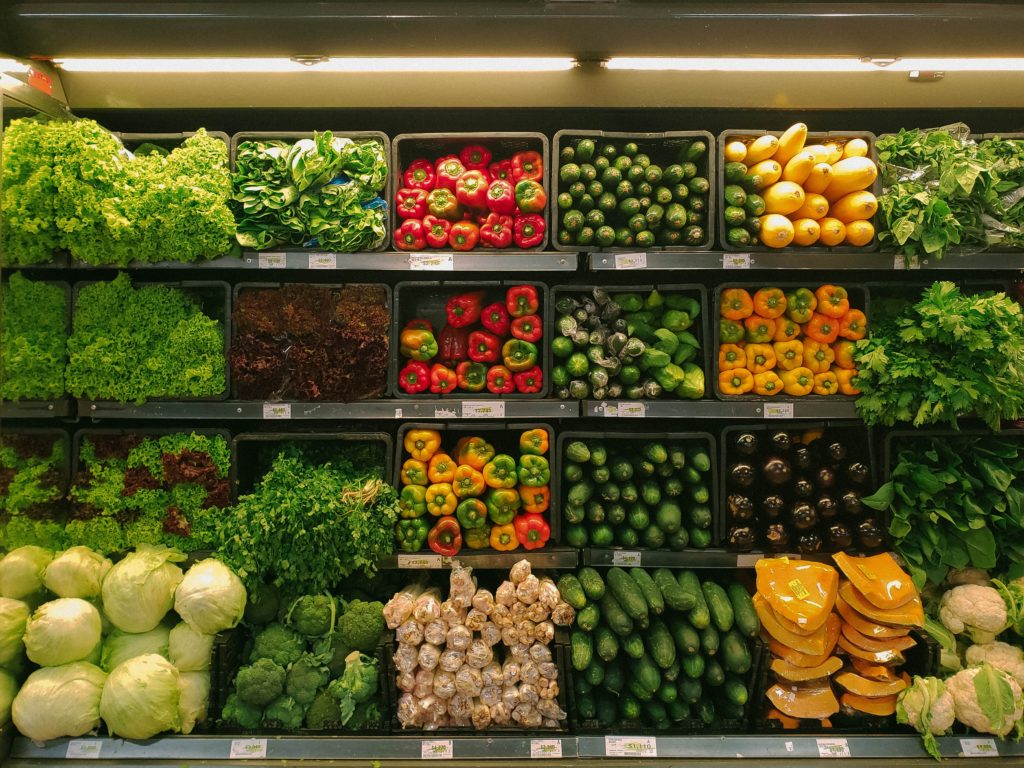In Australia, the number of adults living with obesity has increased from one in ten in 1980 to one in three today. Our children have experienced similar increases, foreshadowing increases in health costs to individuals, communities and our nation.
Australia’s food system has been one of the underpinnings to improved health and prosperity in the country, allowing citizens to access safe food all year round. However, it’s now time to re-think our food system to ensure it continues to support health and wellbeing for all. The ready promotion, availability and accessibility of unhealthy food and drink, relative to healthier options, is currently one of the key drivers of our obesity crisis.

We know that the increases in obesity have been driven by changes to our diets and physical activity levels over past decades. In Australia, an unhealthy diet now represents a leading modifiable cause of disease, increasing our risk of several cancers, type 2 diabetes, cardiovascular disease, mental illness and decreasing our capacity to function independently later in life.
We also know that most people want the best chance at health and wellbeing for themselves and their children. But what do we see on billboards, at the service station and on TV? Price discounts, two for one offers, glossy ads and prime positions in vending machines and food outlets, often for the unhealthiest food and drink options, and rarely for fruit, vegetables, water and healthier options.
So, how do we improve the healthiness of diet across our entire population?

At Deakin, we’ve become interested in what it will take to transform our food environments to support all Australians to consume affordable, tasty and healthy food and drink. Last year we launched RE-FRESH, a National Health and Medical Research Council Centre of Research Excellence into Food Retail Environments for Health. This program of research brings together researchers from Australia, New Zealand, Canada and the UK, Monash University, the Menzies School of Health Research, and the George Institute, along with a number of our government, non-government and food retail partners to tackle this great challenge.
This work program is epitomised by the work done by Deakin Campus Services to develop the Food Charter. If you look around Deakin, you’ll see increased prominence of tasty, affordable, and healthy food and drink options in our vending machines, our cafes and our catering. We’re working with Campus Services to evaluate how these changes are received by customers and retailers alike.
From our previous work we know that change is possible when attention is paid to customers, suppliers and building appropriate nutritional expertise. In our award-winning work with partners in the City of Bendigo, the local IGA supermarkets have received positive customer feedback about changes that promote healthier options within the store, with 97 per cent believing that IGA should continue these efforts.

Our work with the City of Wyndham has shown that changing the food and drink available in the local leisure services has led to customers buying healthier food, while the services have maintained profitability and customer satisfaction. And our work with Western District Health Services has led to all the hospitals in the region removing soft drinks, a move now mirrored by NSW Health across all NSW Health Services.
Healthy Stores 2020, a healthy food retail initiative run in partnership with an Aboriginal retail corporation (the Arnhem Land Progress Aboriginal Corporation) in Northern Australia, led by Monash University, is showing how co-design in restricting merchandising of unhealthy food and drinks can meet needs identified by remote communities and their leadership.
So change is possible.
But to achieve the widespread changes to our food system that we need if all our children are to enjoy both food and good health, we need a groundswell of support and demand from communities and governments alike.
Professor Anna Peeters
Director, Institute for Health Transformation



